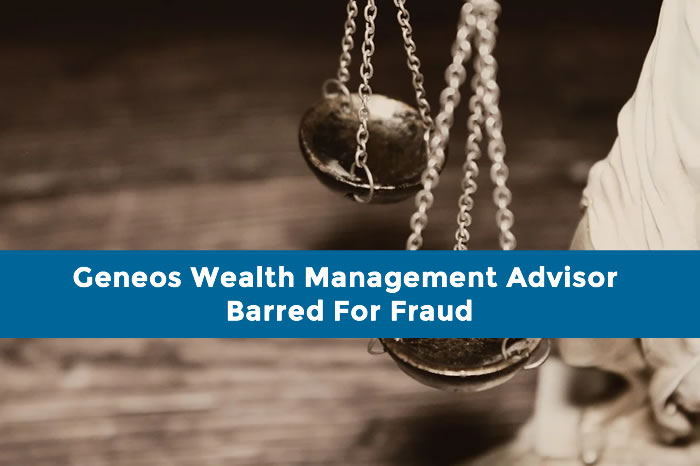When it comes to investments, I believe trust is at the core of any powerful financial partnership. As an investor, you’re handing over your hard-earned money to someone, relying on their skill and honesty to grow your wealth responsibly. But sometimes, that trust is broken, leading to conflicts and financial distress. This is what seems to have happened with Armando G. Roman [CRD: 4414526, Arizona], a former broker with Independent Financial Group LLC (IFG), whose actions allegedly left many investors dissatisfied and out of pocket.
The Issue with Unsuitable Investments
I’ve seen many cases throughout my career, but one particularly stands out. On February 6, 2023, a client of IFG filed a complaint. They claimed Armando Roman recommended investments in real estate investment trusts that didn’t fit their financial goals. That complaint, filed under FINRA Arbitration No. 23-00259, sought a significant $100,000 in damages. Today, this dispute is still ongoing, and investors are waiting for a resolution.
The Perils of Overconcentration
Later in 2022, Roman landed in hot water again when another investor accused him of putting too many eggs in one basket – a problem in the investment world known as overconcentration. Filed under FINRA Arbitration No. 22-02969 on December 28, 2022, this complaint involved illiquid investments touching real estate, and curiously, oil and gas sectors. The investor didn’t mince words, demanding $343,475. This case, too, is still unsettled.
Breach of Fiduciary Duty – Crossing the Line
As if those issues weren’t enough, in March 2021, an investor submitted a claim accusing Roman of a breach of fiduciary duty, a serious violation where a broker fails to act in their client’s best interest. This case involved direct investments and came with a staggering $3,500,000 in damages. Finally, on December 14, 2023, justice was served when a FINRA Arbitration Panel found Roman liable and ordered him to pay $1,000,000 in damages.
These situations underscore the essential role of FINRA in shielding investors from misconduct. Trust in Roman has declined starkly, and these claims emphasize that investors must be vigilant and proactive in holding advisors to account. “An investment in knowledge pays the best interest,” Benjamin Franklin once said, and I couldn’t agree more, especially when it comes to protecting oneself against bad advice.
Roman and IFG have consistently denied any wrongdoing, yet the resolution of some disputes is pending, leaving several investors struggling. And unfortunately, some financial advisors can cause more harm than good; for instance, a staggering fact states that investors may lose up to five years’ worth of retirement savings due to bad financial advice over a two-decade period.
For both investors and brokers, the ongoing narrative of Armando G. Roman is a cautionary tale. The financial arena’s tightrope walk between risk and return is unsteady, and ensuring that guidance is suitable, transparent, and accountable is crucial – without this, the trust that is so vital to successful investing can easily crumble.




